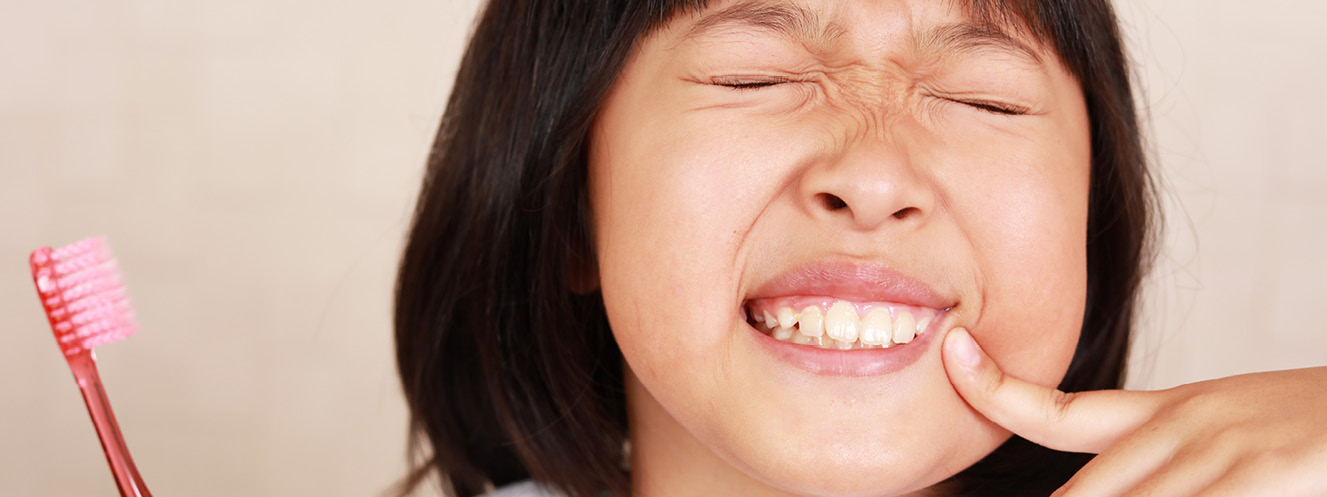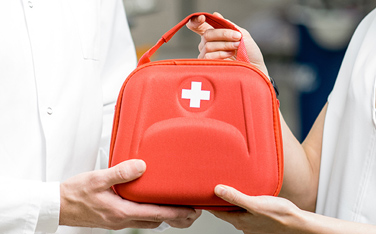Some dental emergencies can be handled at home.
• Toothaches can usually be addressed at home with a pain reliever and a cold compress followed by a visit to your dentist.
• Treat bitten tongues and lips by washing the area gently and applying a cold compress. If the wound doesn’t stop bleeding, go to the nearest urgent care or emergency room.
• If a permanent tooth is knocked out, visit your dentist as soon as possible. In the meantime, take immediate steps to preserve the tooth. Avoid touching the tooth’s root. Gently rinse it with milk or water without scrubbing off any remaining tissue. Try to place it back in the socket and hold it in place. If you can’t, put the tooth in milk or water. The quicker you see a dentist, the greater the chance of saving the tooth.
• If your child’s baby tooth is knocked out, apply pressure to the area to stop the bleeding. Don't place it back in the socket. This can harm the permanent tooth growing beneath it, and it carries the risk of swallowing the tooth.










